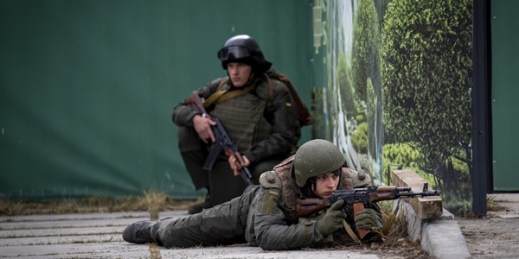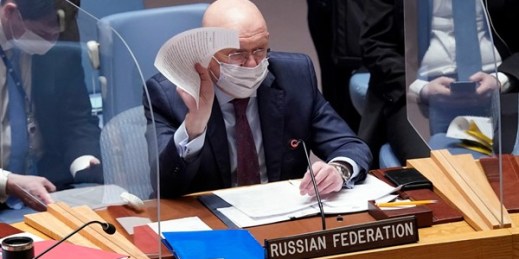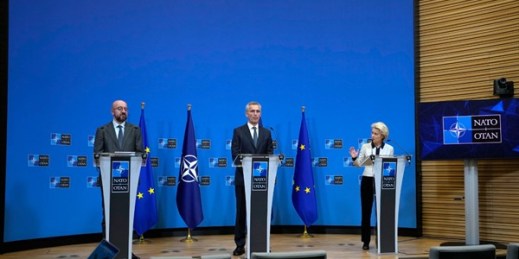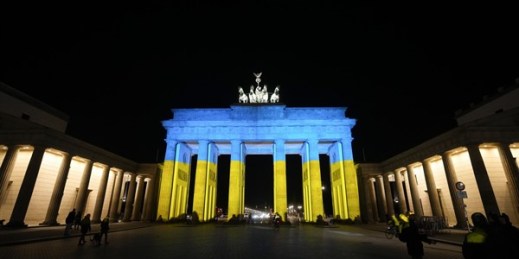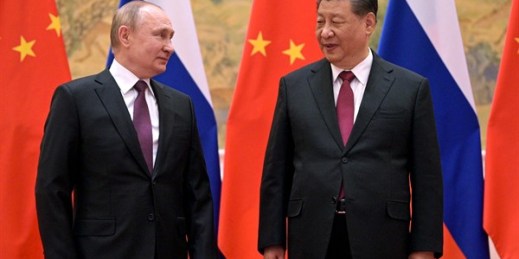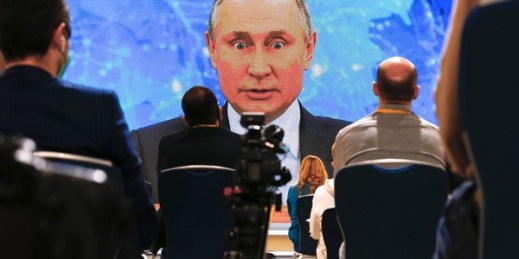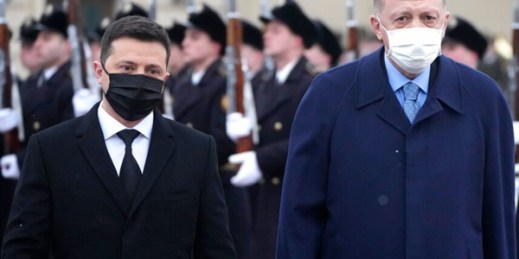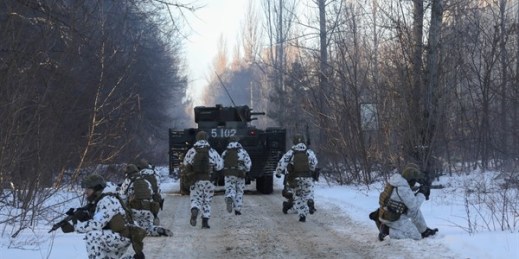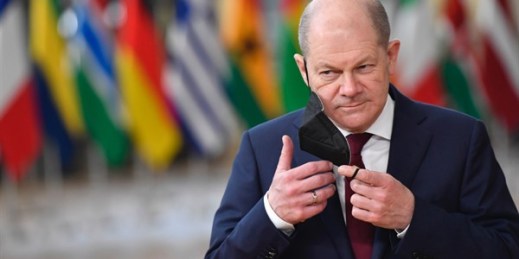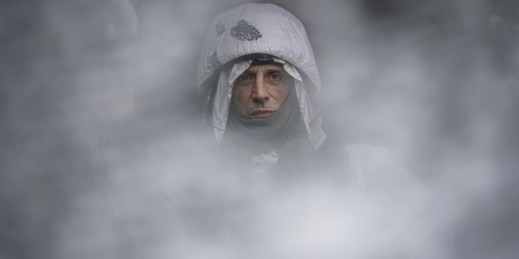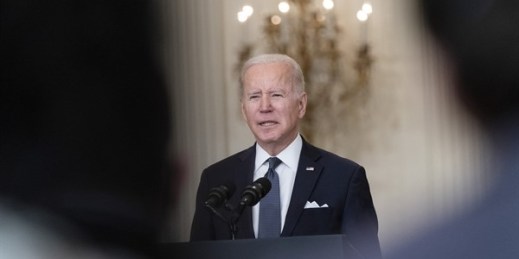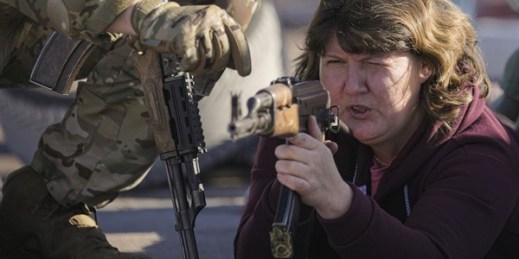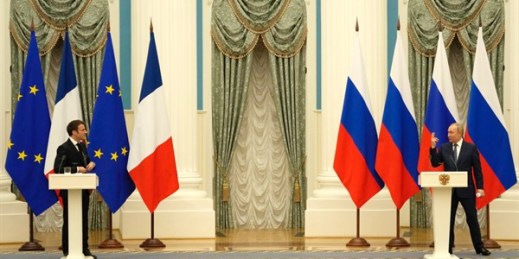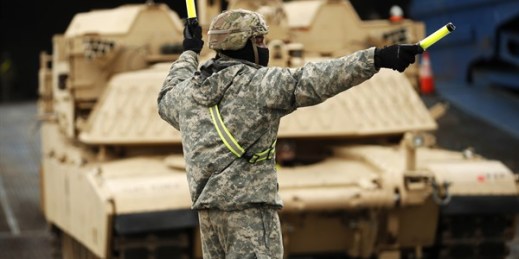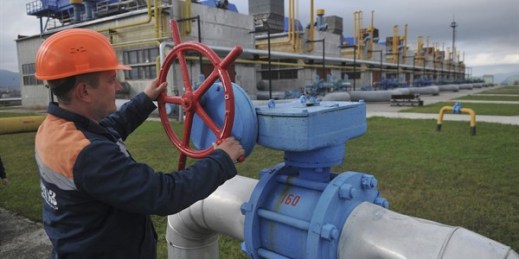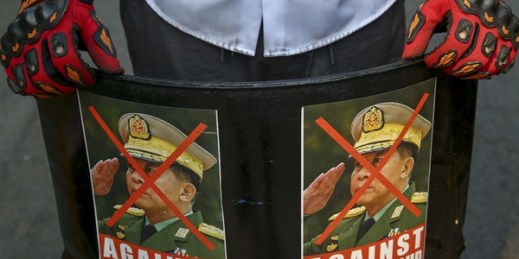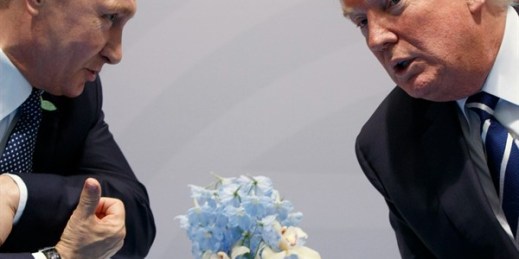
With Russian troops now deep inside Ukraine, and with NATO and the United Nations Security Council caught up in a series of emergency sessions in order to respond to the conflict, it may seem a bit glib to fixate on the question of how the Russian invasion will shape domestic politics in the United States. Still, it is important to also acknowledge what this moment in history means for the future trajectory of the U.S., and, in turn, what shifting attitudes in Washington might mean for U.S.-Russia relations. It must be acknowledged upfront: Thousands if not millions of Ukrainians could be […]

